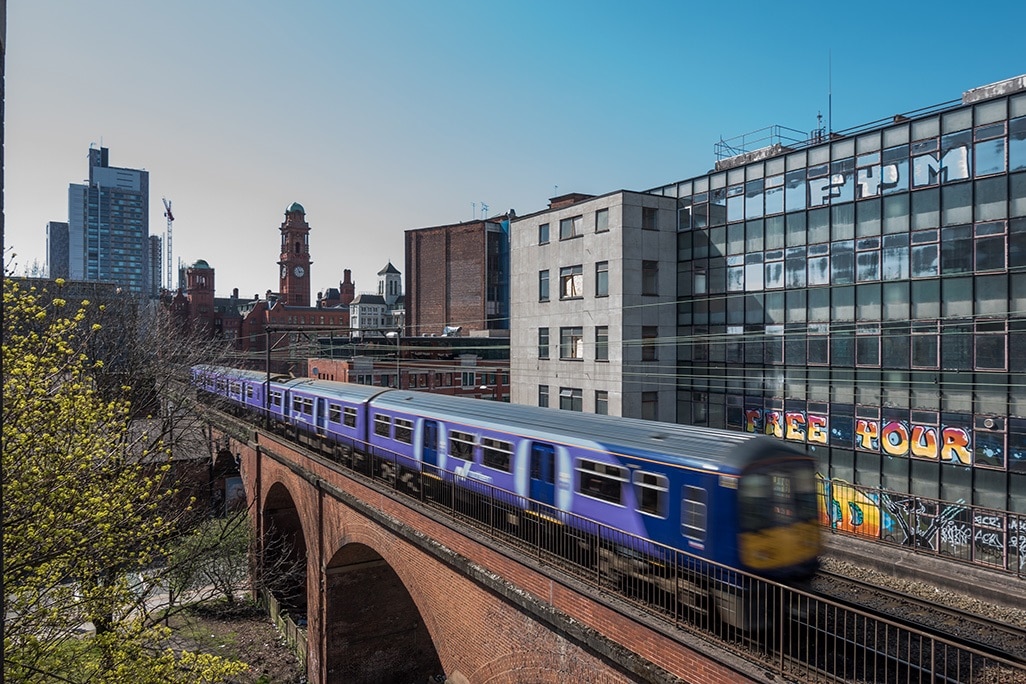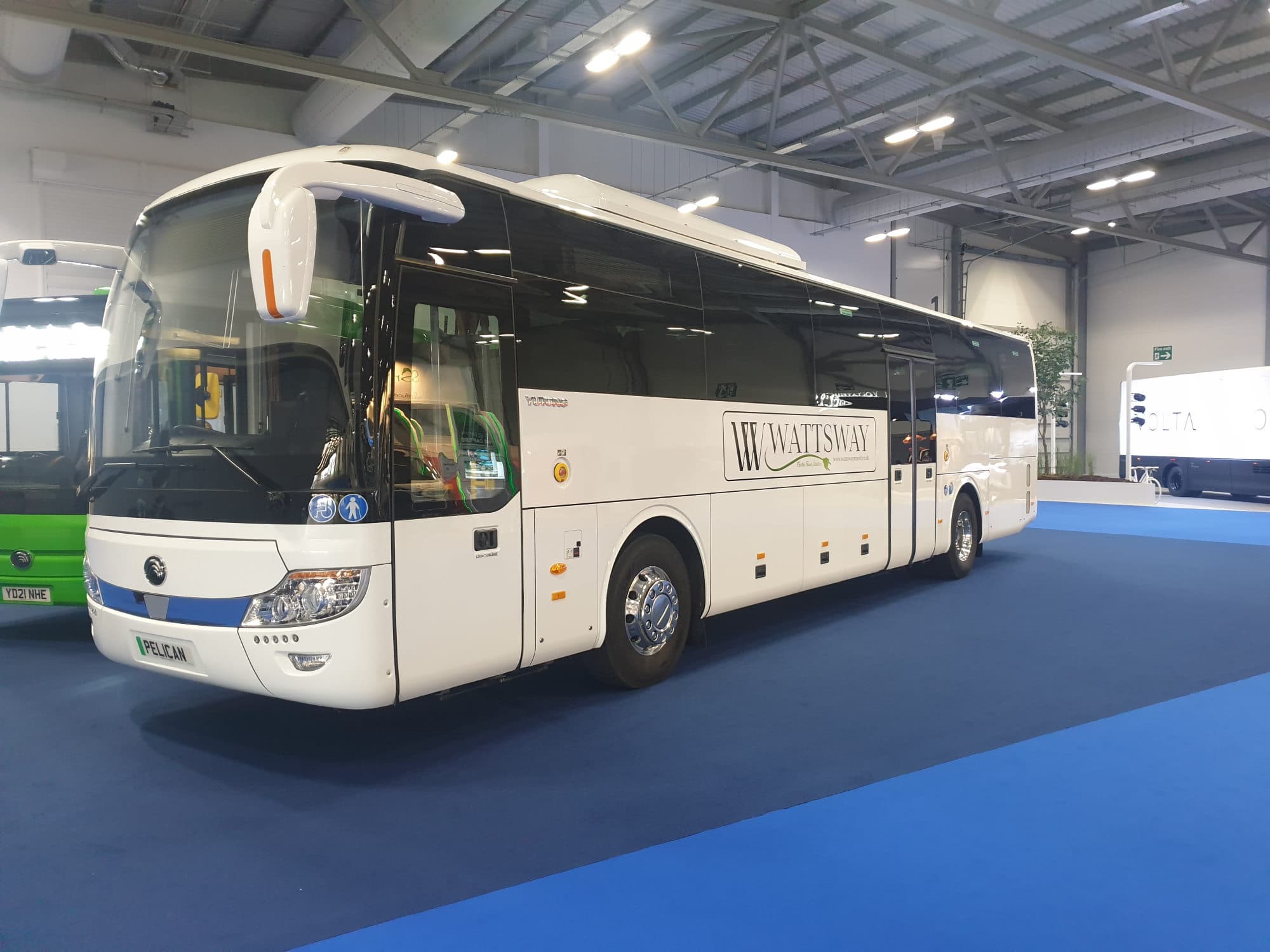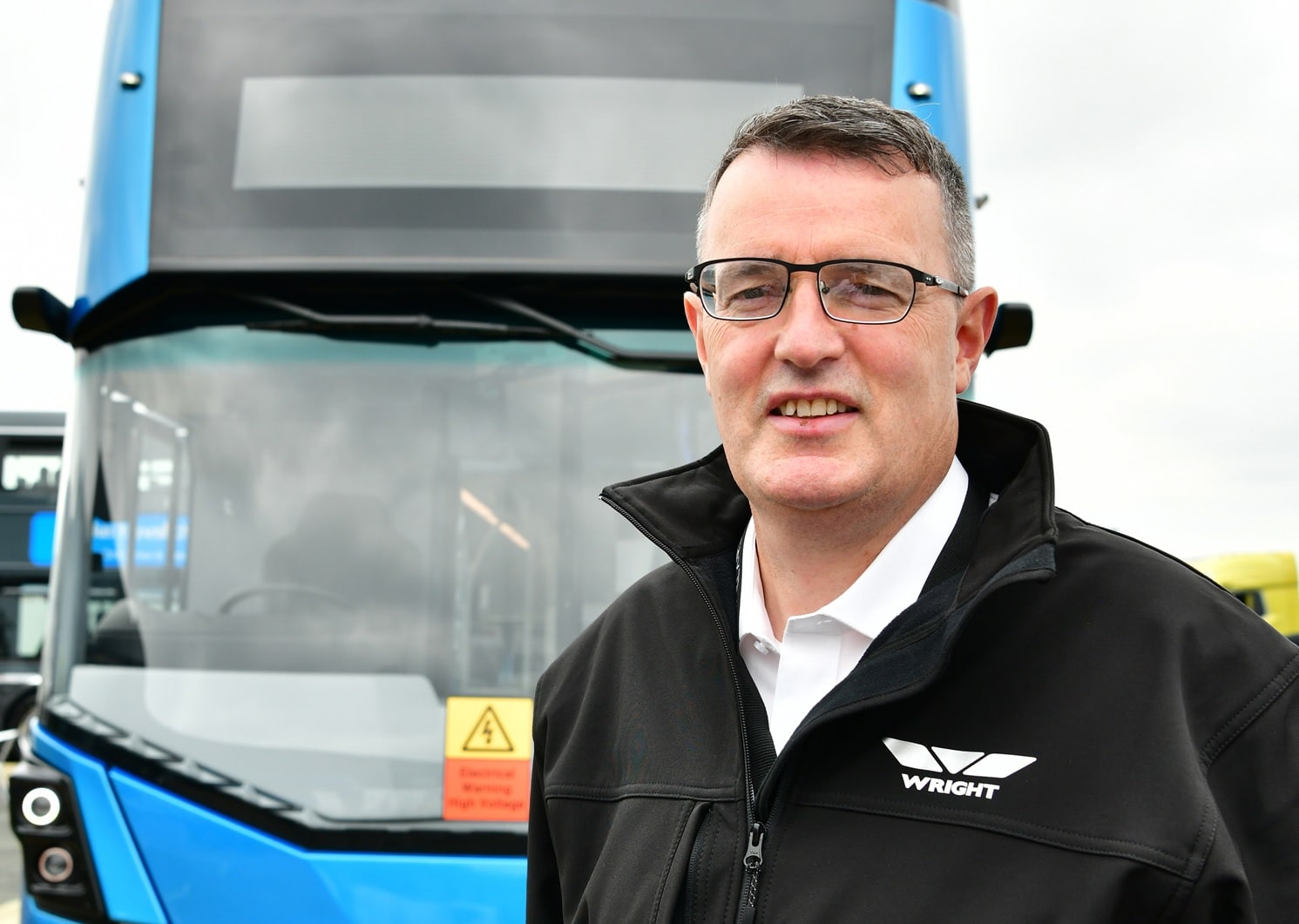The Manchester (or Northern) Hub is a railway upgrade scheme that aimed to increase the number of trains passing through the Castlefield corridor in Manchester.
The infrastructure which brought more trains onto the corridor was built, but unfortunately the improvements required to handle the additional capacity were not.
The Manchester Recovery Task Force (MRTF) was established to help to deal with the inevitable unreliability caused by this situation. It proposed timetable options to reduce the number of trains through the corridor until the infrastructure was upgraded. However, local political leaders who have to sign it off still are not happy with any of those options.
Why am I telling you this? Well, there are some lessons that we can learn for our Bus Service Improvement Plans (BSIPs) in England, and partnerships.
Lesson One: Caveat your BSIP ambitions
Arriva’s bid for the Northern Rail franchise involved a number of new services, such as between Bradford and Manchester Airport, that relied on the full Hub scheme. The non-delivery of these is seen as a broken promise by some.
It is right for your BSIP to be as ambitious as possible, covering major infrastructure and service improvements. However, where these are reliant on external issues such as funding, planning permission or other schemes, that needs to be spelled out clearly and publicly to avoid accusations if these factors mean that schemes are not delivered.
Lesson Two: Ensure that your infrastructure ‘improvements’ don’t reduce capacity
Unfortunately, a number of new bus stations in recent years have been smaller than those they replaced. Nobody wants a repeat of the chaos that accompanied the opening of Northampton’s North Gate bus station. If all bus routes are now going to serve a railway station, are there enough stops to cope? Is there space to add more?
Vehicles also need to be the right size. Reducing ‘over provision’ may mean ensuring that larger vehicles are used.
Lesson Three: Limit political involvement
The MRTF appears to have a thankless task, having to propose a reduction in rail services through the Castlefield corridor that means some locations will lose out. However, it also has to get political approval from people who don’t want to see ‘their service’ cut.
It is important that there is a level of political input into any partnership. However, members will have to be made aware of the limits of that contribution. Councillors need to know that they can make suggestions for service changes, but they cannot expect them to happen if the partnership does not see them as an effective use of resources.
Conclusion
Given the hard work put in already by local authorities, operators and consultants, Enhanced Partnerships need to be successful. This means that we need to heed the lessons from past bus and rail schemes.



























